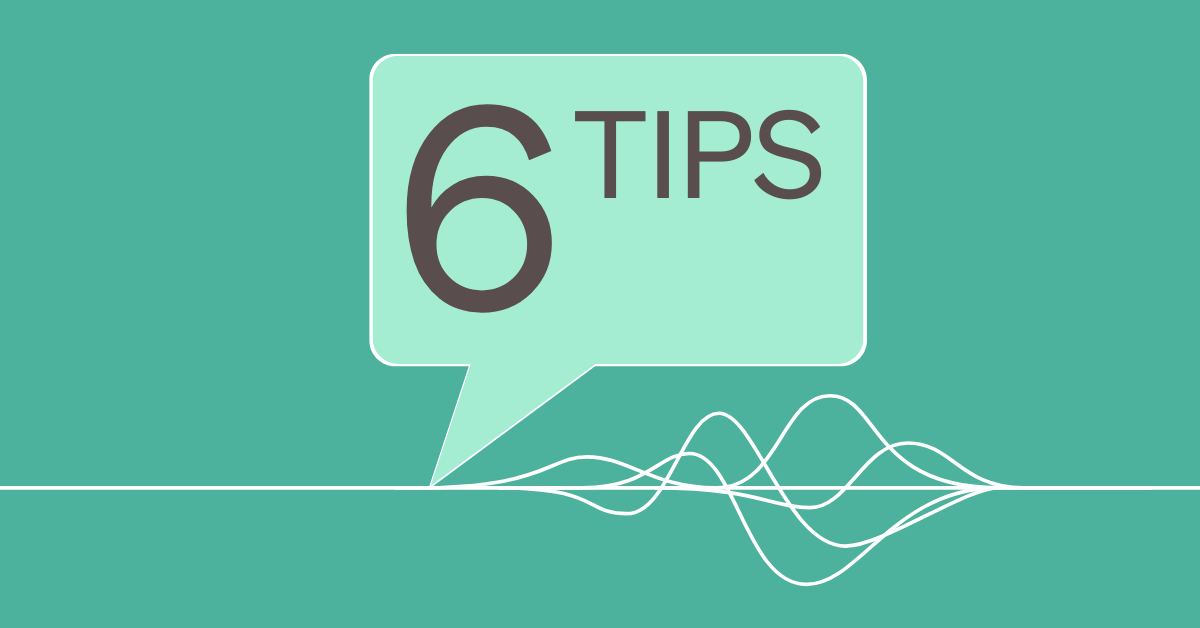
Speaking up as a whistleblower can be a challenging and courageous decision. While it is important to expose wrongdoing and uphold ethical standards, the fear of potential repercussions can make the process daunting. In this article, we will provide some valuable tips for whistleblowers, to encourage them to speak up effectively and protect themselves throughout the process.
Before taking any action, educate yourself about the laws and regulations that protect whistleblowers in your jurisdiction. These laws vary, and knowing your rights and the legal provisions available to you is essential. In the European Union, the recently introduced EU Whistleblowing Directive provides a minimum standard of protection for whistleblowers. However, individual member states have additional national laws that you should be aware of. Outside of the EU, most of the time domestic legislation protects whistleblowers in specific circumstances.
Determine the appropriate channel for reporting your concerns. Organisations will have their own whistleblowing policies and internal reporting channels. It is advisable to review these policies before taking any further steps. Your company’s whistleblowing policy will outline the process for raising concerns, define the types of issues that can be reported, specify if anonymous reports are accepted, and provide information about legal protections or restrictions. Utilising the internal reporting channel is usually the best starting point unless you have reason to believe otherwise.
As a whistleblower, your role is to report misconduct, not to conduct an investigation. This may tip off suspects and compromise any subsequent internal investigations. Ensure you can support your claims by documenting any relevant information, including emails, memos, financial records or other evidence that can substantiate your allegations. Stick to presenting the hard facts and avoid exaggeration or making unfounded accusations. Providing accurate information strengthens your credibility and prevents the other party from undermining your claims if your report leads to an investigation or tribunal.
In the EU, organisations are legally obligated to maintain the confidentiality of whistleblowers. This means their identity and personal information will not be disclosed, while still facilitating the investigation of the claim and any follow-up actions. However, in many cases, you can choose to remain anonymous, even to the person handling your case. A good solution is a digital whistleblowing system that encrypts messages between the whistleblower and the case handler, ensuring anonymity while facilitating follow-up communication. Weigh the advantages and disadvantages of anonymity in your specific situation, check if the company will accept and follow-up on anonymous reports, and act accordingly.
While it is often beneficial for both the whistleblower and the company to resolve matters internally, there may be occasions when escalation is necessary. If your company fails to take appropriate action or if you suspect a cover-up, it is acceptable to escalate your concerns. In the EU, external reporting is often done to a designated authority or ombudsman. Information on how to report externally should be included in the company’s whistleblowing procedure policy. However, be prepared for the potential implications of this decision. If you face reprisals or unfair treatment, consider seeking independent legal advice or contacting a support organisation that specialises in whistleblowing cases (see below).
If you find yourself in need of support, whether it’s understanding the law or dealing with the aftermath of blowing the whistle, various whistleblower support organisations can provide valuable assistance throughout your journey. Here are some resources that specialise in supporting whistleblowers, offering resources, legal guidance, and emotional support.
Whistleblowing requires courage and resilience, as it exposes wrongdoing and aims to bring about positive change. By following these helpful tips for whistleblowers, you can navigate the challenges of speaking up effectively while protecting yourself throughout the process. Remember, your actions have the potential to make a significant impact, and ultimately, you contribute to a more ethical and accountable society.
Would you like to discuss a safe and secure whistleblowing solution for your organisation? Please book a free demo!
Whistlelink values your privacy. We will only contact you about our solutions.



HAPPY TO MEET YOU!
Whistlelink values your privacy. We will only contact you about our solutions.

HAPPY TO MEET YOU!
Whistlelink values your privacy. We will only contact you about our solutions.
You may unsubscribe at any time. For more info, please review our Privacy Policy
